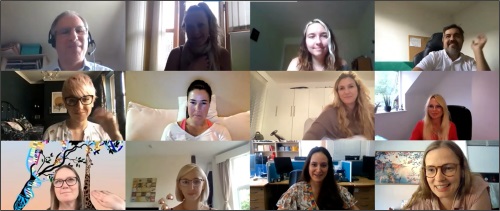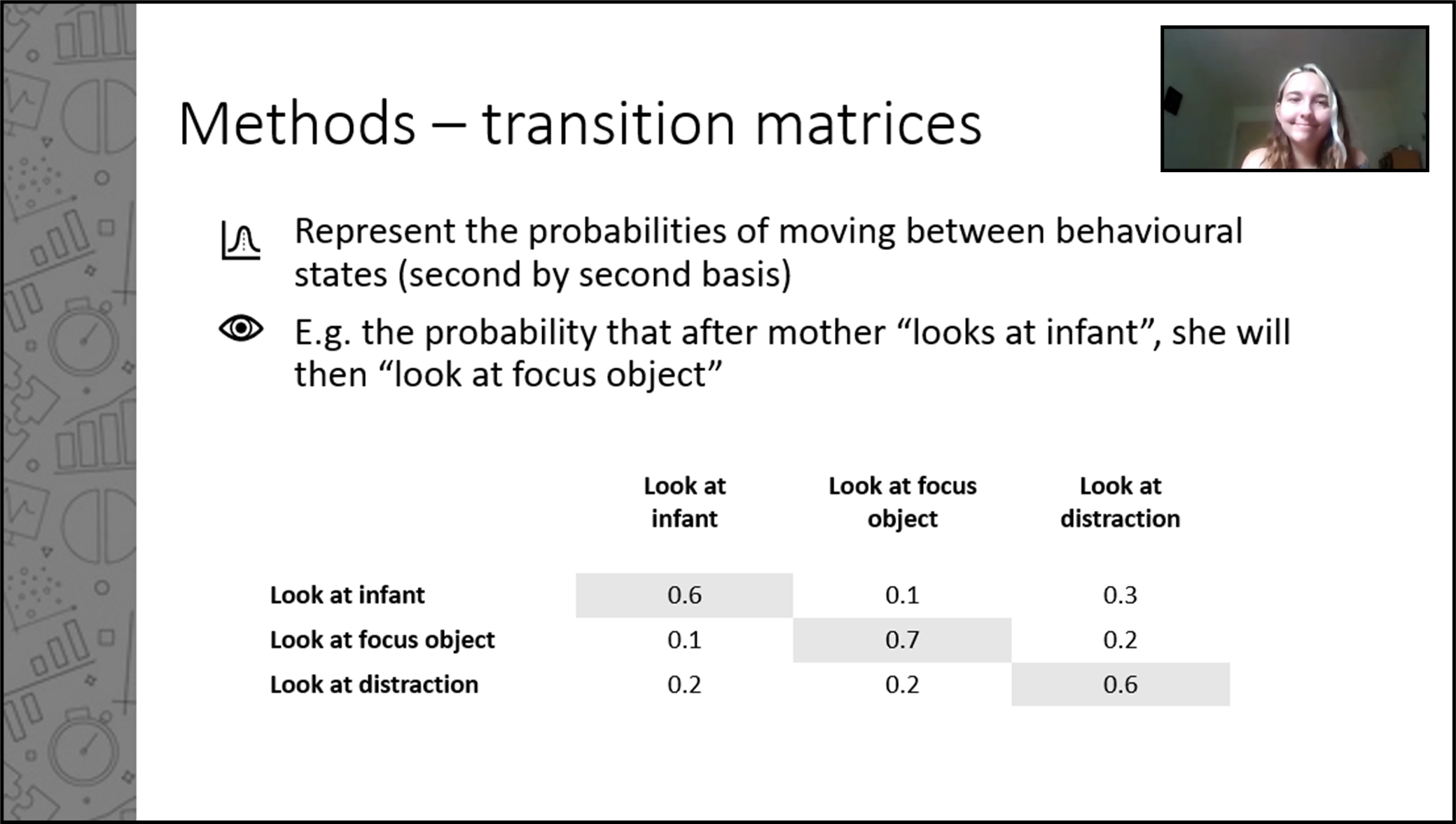Neshika Wijewardhane had this to say about her experience:
The conference was 4 days long with over 200 participants at the University of Toronto. Participants included micro and nano robotistic, clinicians, engineers, and physicists, across all research careers, masters, and PhD students, to professors and industry partners. Each day started and ended with 3 plenary talks from leaders in the field with a series of parallel talks in the middle from the authors of the submitted papers. The general themes of the talks included swarm robotics, medical applications for micro-robots, automation and characterisation, and control by optical, thermal, and mechanical stimuli. I presented my paper entitled ‘Long-term Imaging and Spatio-temporal Control of Living Cells Using Light’ at a special session on ‘Optical Based Automated Micro-Manipulation’ about our robotic device ‘Dynamic Optical MicroEnviroment’ which can now visualise living cells and project light to facilitate closed-loop control of cells. Between sessions, there were breaks and lunch which lead to interesting conversations between new peers. As this was my first conference it was hugely beneficial in making new connections for future collaborations and building my network of micro/nano roboticists as well as opening my eyes to the vast amount of research being conducted in the field. I also had the opportunity to explore the beautiful city of Toronto and Niagara Falls.

 Biosciences, held at ETH Zurich. The school invited participants from 42 institutions around the world, and a diverse range of speakers from both industry (e.g., Novartis, Microsoft, Genomics England) and academia (e.g., Stanford, ETH, Princeton).
Biosciences, held at ETH Zurich. The school invited participants from 42 institutions around the world, and a diverse range of speakers from both industry (e.g., Novartis, Microsoft, Genomics England) and academia (e.g., Stanford, ETH, Princeton). keynote speeches from digital methods researchers, and tutorials highlighting the use of several of the methods that the Initiative has developed. The main portion of the course was spent participating in a group project, alongside a digital methods academic. My project comprised of both PhD and Masters students, and was focused on exploring the communication of science information and misinformation around three areas of debate (monkeypox, low traffic neighbourhoods, genetically modified organisms). This involved harvesting content from both
keynote speeches from digital methods researchers, and tutorials highlighting the use of several of the methods that the Initiative has developed. The main portion of the course was spent participating in a group project, alongside a digital methods academic. My project comprised of both PhD and Masters students, and was focused on exploring the communication of science information and misinformation around three areas of debate (monkeypox, low traffic neighbourhoods, genetically modified organisms). This involved harvesting content from both
